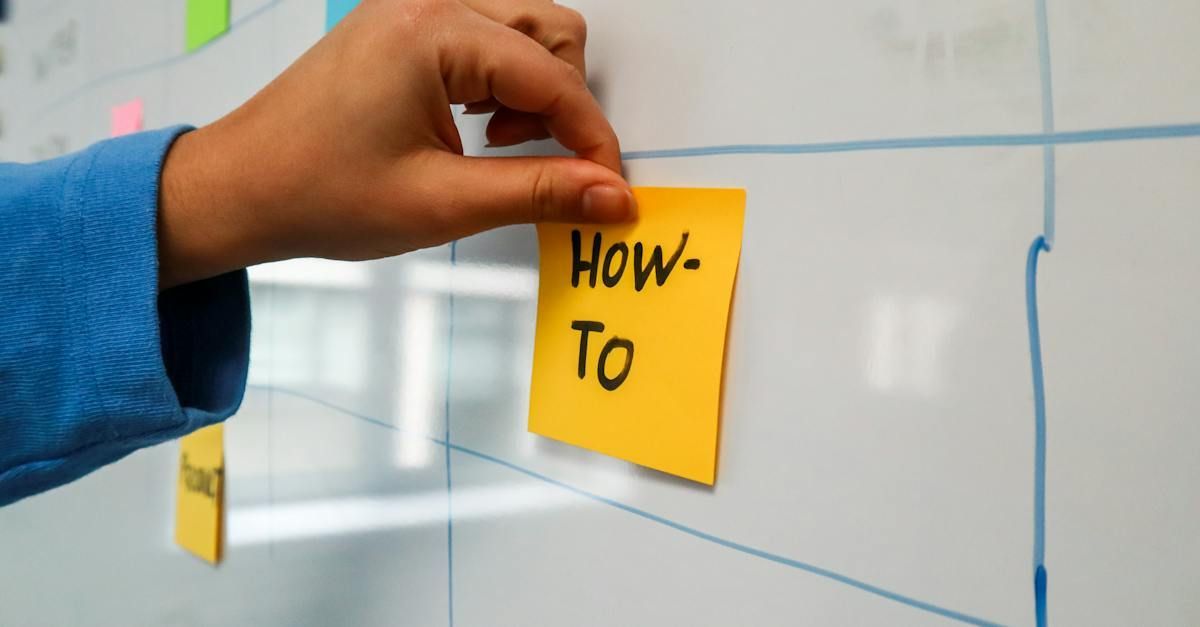How To: Interview
Use every interview as an opportunity to shine, showcase your skills, and stand out for all the right reasons – and remember, that practice makes perfect.

You’ve put together a CV and cover letter that makes a hiring manager (or recruiter) want to meet with you as a potential candidate, nice work!
An interview has been set up, so now what?!
Kiwis are notoriously bad for “going loud” about their accomplishments and while many hiring managers and recruiters understand that cultural differences can play a big part in how a jobseeker behaves in an interview, there are a few key dos and don’ts that everyone can use to ensure that a job interview is more than just a conversation. Use every interview as an opportunity to shine, showcase your skills, and stand out for all the right reasons – and remember, that practice makes perfect.
The Dos:
- Do Your Homework:
research the company, its culture, values, products and/or services, and recent developments. Check out their website and social media channels so you can not only tailor your answers to align to the company’s goals, but also impress the interviewer with the time you’ve spent preparing for this moment.
- Dress Appropriately: while we not encouraging you to be anything other than your true self, it’s important to choose your wardrobe with first impressions in mind. Again, if you’ve checked out the company’s social media feed you may notice what their staff are wearing in photos which might help point you in the right direction. If in doubt, its better to be slightly overdressed than under.
- Showcase Your Achievements: during the interview you will probably be asked for specific examples of how you’ve contributed to your previous workplaces. If a humble brag is all you’re comfortable with, make sure you do so with facts and/or figures relating to your actions and the impact they made. It’s also really important that you know your CV thoroughly and are prepared to answer questions about each role.
- Listen, Pause, Speak:
the interviewer will have a list of questions they need to get through so they know what’s coming next. To present yourself confidently and calmly it’s important that you maintain eye contact, actively listen to their questions and comments, don’t rush your answers – take a moment to collect your thoughts and respond thoughtfully.
- Ask Thoughtful Questions:
at the end of most interviews, you’ll be given the opportunity to ask any questions you might have about the process or organisation you’re interviewing with and it can be tough to come up with something on the fly. When you’re in homework mode (see Do Your Homework above), pay attention to areas that interest you that can then bring up in the Q&A part of the interview. It’s okay to ask about company growth, why this role is available, team dynamics, and professional development – but only if they haven’t addressed it already (see Listen, Pause, Speak above).
- Be Authentic: being yourself is the most important piece of the puzzle. A recruiter or hiring manager knows a thing or two about reading people and if they’re good at what they do, they can spot a fake easily. You’ve already whetted their appetite with your stellar CV and cover letter so back it up by being yourself and connecting on a personal level.
The Don'ts
- Don't Be Late! Being on time is a sign of respect and professionalism – too early can indicate poor time management and arriving late can send a negative message about your reliability. Figure out where you're going and how you're going to get there ahead of time (see Do Your Homework above).
- Put Your Phone Away:
it can be tempting to spend time distracted by your phone but by paying attention to what’s happening in the reception area and being quick to notice anyone approaching creates a much better first impression than scrolling your newsfeeds – it also keeps you firmly “in the zone” for the interview.
- Avoid Overconfidence: we’re all for “going loud” about how great you are and feeling confident in your ability to get the job done, coming across as arrogant or overconfident sends a negative message to the interviewer. You want to let them know you’re excited by the opportunity and continue your learning and development with the company.
- Negativity is Bad:
you may not have had a great experience with a previous employer but it’s best to present your experience with a positive attitude and focus on what you learned from it.
- Steer Clear of Rambling: this don’t supports
Listen, Pause, Speak
in the dos. Keep your answers concise and relevant. Long-winded, rambling answers can be a sign of being unprepared.
- Never Underestimate Non-verbal Cues: your body language speaks volumes! Fidgeting, slouching, or letting your attention waiver can send negative messages about how you feel about the interview. If you’re neuro-diverse and are not always in control of how your body moves, we recommend being upfront with the interviewer so they can show patience and understanding (this also supports Be Authentic in the dos).
It might feel like a lot to remember and it’s okay for your first few interviews to feel like a first pancake – don’t be too hard yourself if end up having a few “trial and error” interviews before your confidence grows. And remember, recruiters and hiring managers are people too and they’ve been in your shoes before.
Ngā mihi nui
p.s. Here's a handy 'How To' Guide with our top tips on how to smash that interview!


Contact Us
Have a question?We’re here to help. Send us a message and we’ll be in touch.










